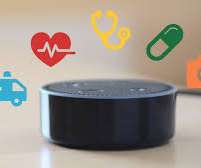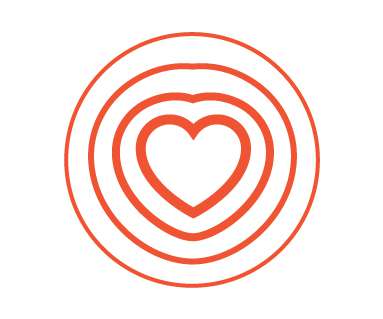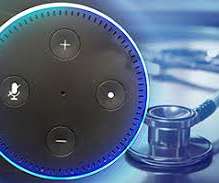Do Mental Health Apps Sell Your Client’s Sensitive Data to Data Brokers?
Telebehavioral Health Institute
MARCH 16, 2023
A February 2023 report published by researcher Joanne Kim outlines the results of a two-month study of how data brokers sell sensitive data mental health data collected from mHealth mental health apps. HIPAA, in some cases, may not legally obligate privately held companies to keep collected information private.























Let's personalize your content